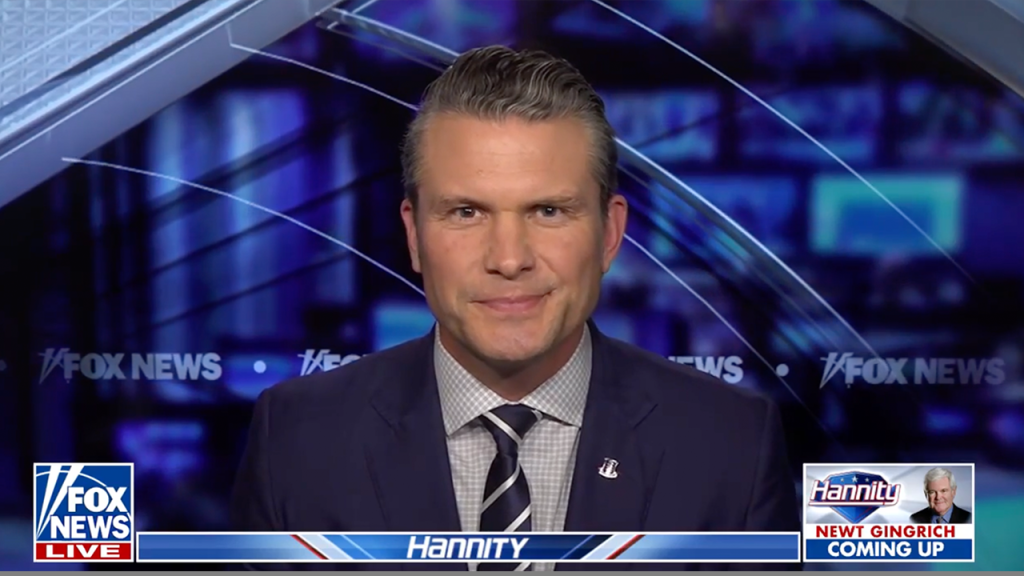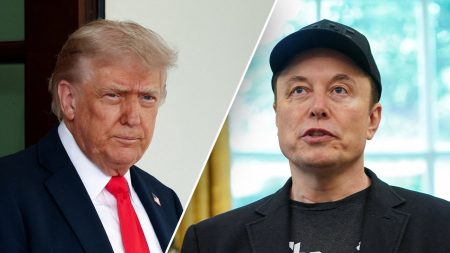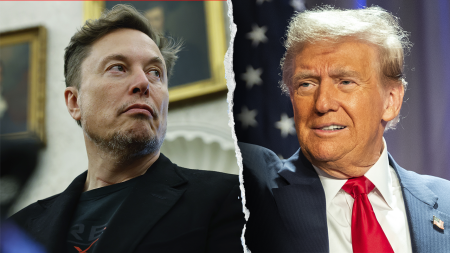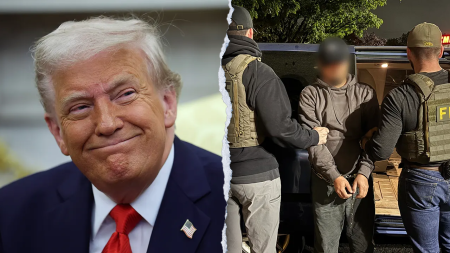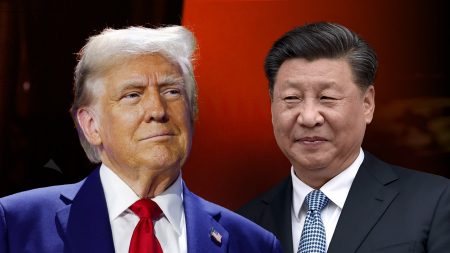Pete Hegseth’s nomination as Secretary of Defense has ignited a firestorm of controversy, primarily stemming from his past remarks on women in combat roles. Prior to his nomination, Hegseth expressed strong reservations about the efficacy and appropriateness of women serving in such positions. He argued that the integration of women into combat units has not enhanced military effectiveness or lethality, but rather has introduced complexities that exacerbate the risks of casualties. He further criticized military leadership for allegedly lowering standards and prioritizing diversity quotas over combat readiness, referencing a 2015 Marine Corps study that purportedly demonstrated the inferior performance of integrated units compared to all-male units. Hegseth’s pre-nomination stance centered on perceived physiological differences between men and women, suggesting that these inherent disparities necessitate distinct roles within the military.
Following President Trump’s announcement of his nomination, Hegseth engaged in damage control, attempting to clarify his position and mitigate the backlash. In an interview with Fox News’ Sean Hannity, he effusively praised women in the military, referring to them as some of the “greatest warriors” and emphasizing their patriotism and dedication. He insisted his earlier comments had been misconstrued and that he fully supports women serving in the armed forces. He pledged to be a secretary for all warriors, male and female, should he be confirmed for the position. This apparent shift in rhetoric reflects the political realities of securing Senate confirmation, requiring Hegseth to garner support from a diverse body of lawmakers, including those who champion gender equality in the military.
The crux of Hegseth’s pre-nomination argument rested on the premise that physiological differences between men and women inherently render women less suitable for combat roles. He pointed to disparities in bone density, lung capacity, and muscle strength as evidence of this inherent disadvantage. He argued that maintaining consistent standards across genders would be acceptable if those standards remained rigorous and unchanged. However, he contended that the military had, in practice, lowered standards to accommodate the inclusion of women, thereby compromising combat effectiveness. This assertion aligns with his broader critique of military leadership prioritizing diversity over meritocracy.
Hegseth’s pre-nomination remarks also revealed a perceived tension between the desire to acknowledge the contributions of women in the military and his belief that their presence in combat roles creates unnecessary complications. While he expressed appreciation for women service members, he simultaneously maintained that their integration into combat units inherently increases complexity, which, in his view, translates to heightened casualties. This seemingly contradictory stance underscores the delicate balance Hegseth attempted to strike between respecting women’s service and upholding his reservations about their suitability for combat.
The controversy surrounding Hegseth’s nomination highlights the ongoing debate within society and the military about the role of women in combat. While significant progress has been made towards gender integration in the armed forces, differing opinions persist regarding the practical implications and potential impact on combat effectiveness. Hegseth’s outspokenness on this issue, both before and after his nomination, has thrust the debate into the national spotlight, forcing lawmakers and the public to grapple with the complex questions surrounding gender equality in the military.
The Senate confirmation process will serve as a crucial test of Hegseth’s ability to navigate these complex issues and convince senators that he is capable of leading a diverse and evolving military. His past remarks, coupled with his subsequent attempts at clarification, will undoubtedly be scrutinized by lawmakers as they weigh his suitability for the position of Secretary of Defense. The outcome of the confirmation process will not only determine Hegseth’s future but also send a powerful message about the nation’s commitment to gender equality in the military and the broader societal implications of such policies.




